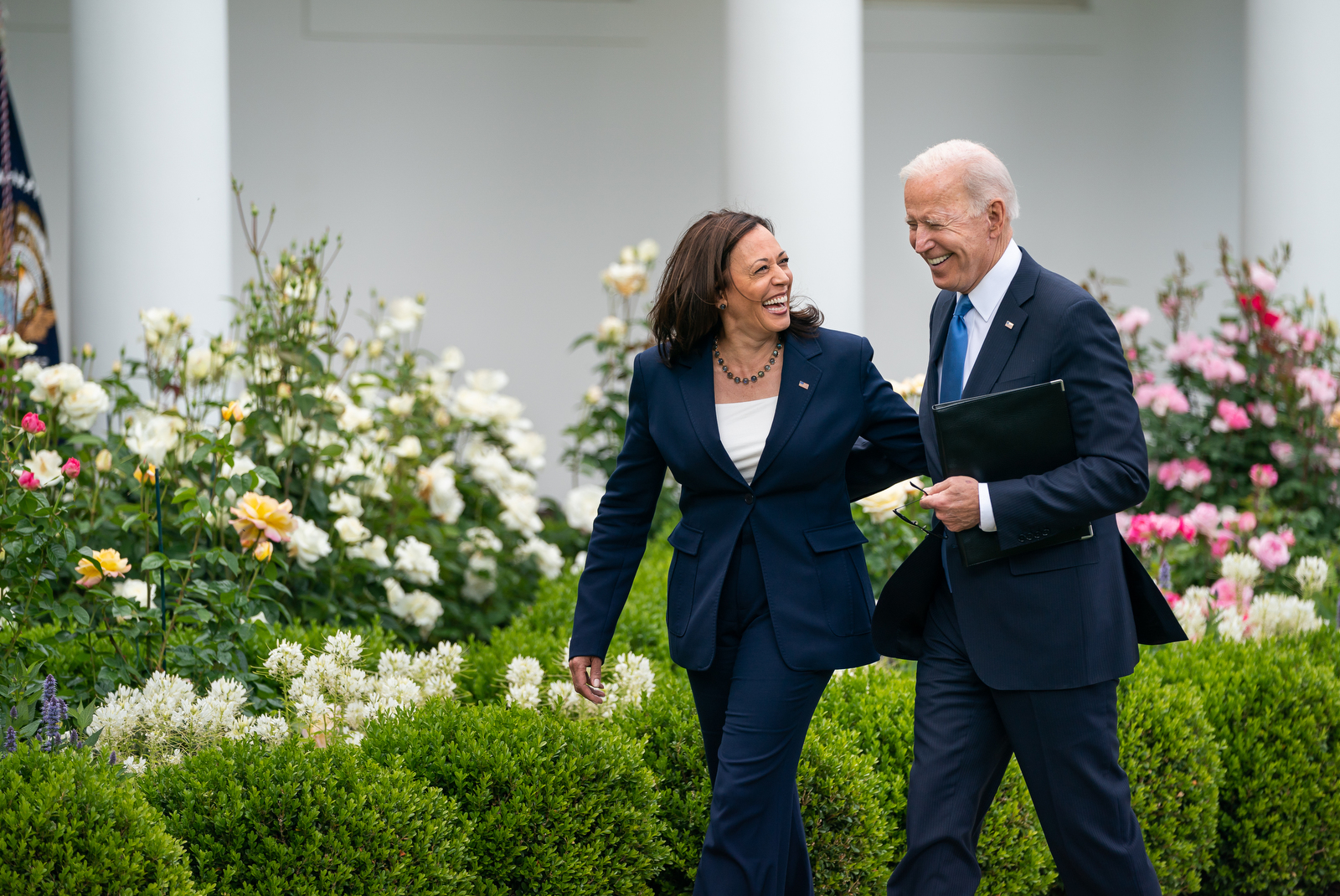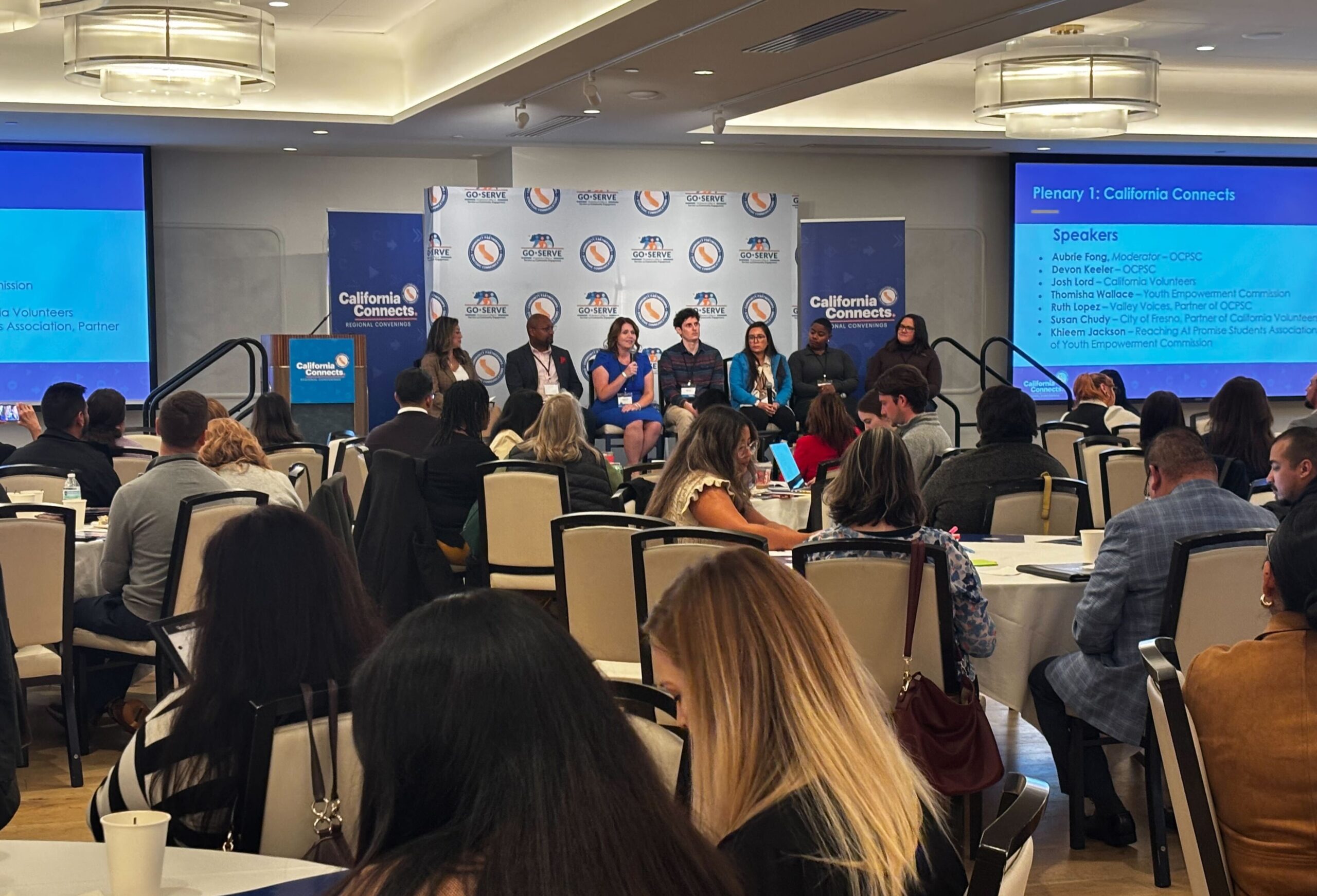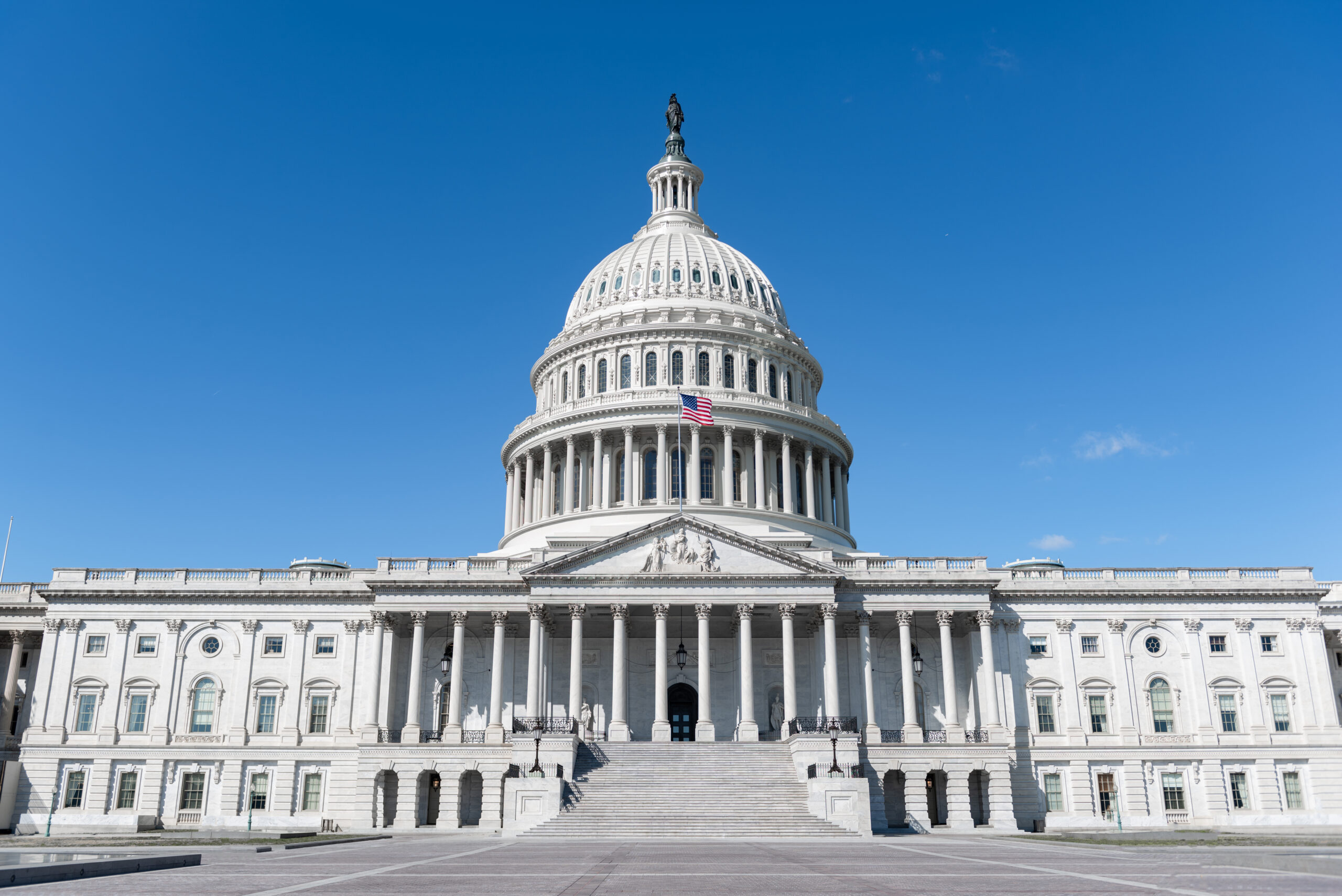
On Sunday, July 21, President Joe Biden officially dropped out of the 2024 presidential race.
This decision was likely a tough one for President Biden. According to NBC News, sources close to the president mentioned he was angry his closest allies turned on him while he was figuring out his next move, but ultimately, President Biden grudgingly had to accept that his campaign and polling numbers were slipping away.
The effects of this unprecedented announcement are still unclear. The upcoming election in four months may prove risky for both political parties, potentially increasing polarization and uncertainty.
The selection of a new presidential nominee has the potential to unite the Democratic Party, but it could also lead to division and a high-stakes campaign with no margin for error, underscoring the critical nature of the upcoming election.
After his announcement to not seek re-election, President Biden endorsed Vice President Kamala Harris to be the next Democratic nominee.
“My very first decision as the party nominee in 2020 was to pick Kamala Harris as my Vice President. And it’s been the best decision I’ve made,” Biden wrote on social media. “Today I want to offer my full support and endorsement for Kamala to be the nominee of our party this year. Democrats – it’s time to come together and beat Trump. Let’s do this.”
President Biden’s endorsement of Vice President Kamala Harris as the next Democratic nominee has quickly made her an instant favorite among conversations about the next nominee of the Democratic Party. However, the mixed reactions she has received across platforms and from many voters, whose decisions in November will determine the outcome of the 2024 election, highlight the potential for a high-stakes campaign.
To win the conventional nomination in the first round of voting, a candidate needs support from at least 1,976 out of nearly 4,000 delegates. This campaign process is usually tedious, and the party candidate needs to quickly garner public support and navigate the complex web of party rules, practices, and voter expectations. According to The Associated Press, they confirmed that more than 3,000 delegates planned to support the vice president.
State and party endorsements are not binding and do not necessarily mean that individual delegates must vote for Vice President Harris. By party law, the delegates who previously voted for President Biden can vote for any candidate now that he has withdrawn from the race. However, according to an article by The New York Times, many state delegations, including those from California, Georgia, Nebraska, and Louisiana, have declared support for Vice President Harris.
With election time nearing, there is an urgent need for the Democratic party to act decisively and quickly. The gravity of these issues underscores the need for swift and decisive action.
Editor’s Note: With President Joe Biden stepping down, and endorsing Vice President Kamala Harris as the next Democratic nominee, we asked the young people of The kNOw Youth Media to share if this was the right decision, and how they feel about Kamala Harris as the potential Democratic nominee.











